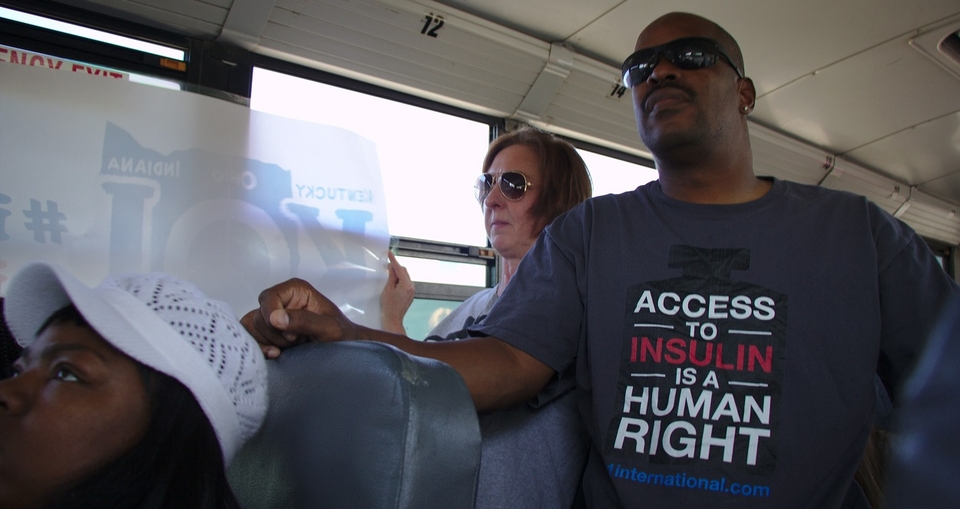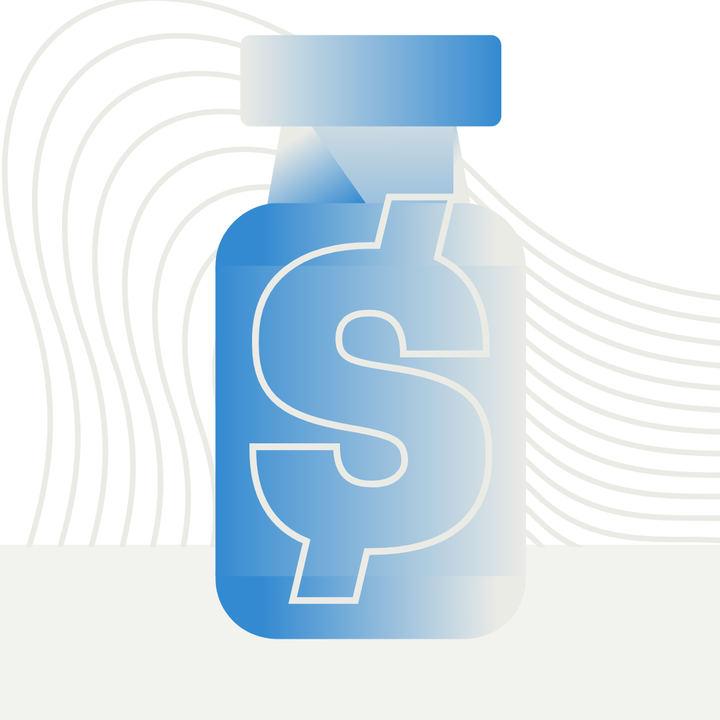T1International State Working Group Priorities
No state has passed all of the above #insulin4all Chapter priorities, much less effectively implemented them. We recognize that a state-by-state approach is a first step to build the patchwork of policies that can help move federal action.
Due to the high price of insulin, many people are unable to afford the cost of refilling their prescription as often as they need to at the pharmacy counter. Alec’s Law is a package of reforms intended to ensure that no person who relies on insulin will have to ration their medicine because of cost. The first Alec’s Law passed in Minnesota in 2020 (HF3100) and is named after Alec Raeshawn Smith who died in 2017.
Colorado (HB1307), Maine (LD673), and Utah (HB207) have also passed Alec’s Laws. These laws can include (1) An insulin safety net program, often run by the Department of Insurance of the Board of Pharmacy, which allows people with diabetes to purchase a 30-day supply of insulin at their pharmacy for up to $35 once per year, (2) Long-term protections for low-income individuals who need insulin but may not qualify for drug manufacturer assistance programs, and (3) A fine for insulin manufacturers that refuse to participate in the insulin safety net program.
Like other certain chronic illnesses, patients with diabetes require regular maintenance medication, insulin. Emergency prescription refill legislation allows for pharmacists to use their professional judgment (if a medical provider cannot be reached) to authorize and dispense an emergency supply of insulin. The first Kevin’s Law passed in Ohio in 2016 and is named after Kevin “Howdy” Houdeshell who died after running out of his insulin prescription and was unable to contact his doctor’s office.
Versions of Kevin’s Law have passed in 22 states in the years since. These laws can be expanded to include an insurance mandate, extend the amount of the medication, cover medicines other than insulin, and more. Emergency prescription refill legislation can also be extended to include a broader umbrella of pharmacist scope of practice legislation.
Since only three private manufacturers produce most of our insulin, they have control over the market. Publicly-owned drug manufacturing (like insulin) can create an alternative to these manufacturers and deliver medicines at lower costs. California was the first state to pass a public production law in 2020 to contract or manufacture its own generic or biosimilar prescription drugs, including insulin, under a California generic drug brand, CalRx.
Washington passed a law in 2021 to allow for the state to get (procure) and distribute generic drugs. Nevada and Oregon are part of the Northwest Prescription Drug Consortium, recently rebranded as ArrayRx, so they can pool their purchasing power for better prices on insulin and other drugs. Maine also passed a feasibility study in 2022 to study public manufacturing. New York,Illinois,Michigan, and other states are also considering similar legislation.
Insulin manufacturers offer significant rebates to wholesalers and Pharmacy Benefit Managers (PBMs) to have them on their insurance formularies. This leads to PBMs and Big Pharma each maximizing profits while patients lose out. This has led to many unnecessary and dangerous formulary changes, meaning that the type of insulin (or other diabetes medication or supply) you can get covered by insurance can change without warning or clear reason. Obtaining an updated prescription takes the patient’s time, money, and is an additional stressor.
Since 2012, 22 states and Puerto Rico have passed laws limiting PBM drug coverage changes during a coverage year including (1) removing a drug from a formulary, (2) adding prior authorization requirements, (3) altering a quantity limit, (3) imposing a step therapy restriction, (4) moving a drug to a higher cost sharing tier, or more.
A note on Pharmacy Benefit Managers (PBMs): We recognize that PBMs and rebates share part of the blame when it comes to affordable prescription drug prices. However, our main focus remains on the root cause of the crisis: list prices set by the manufacturers. One of Big Pharma's tactics is to constantly shift the focus from their high prices to the role of the PBMs. If we spend too much effort on PBMs, we're taking their bait. Patients still suffer and 90% of the problem - pharmaceutical companies - remains unchecked.













